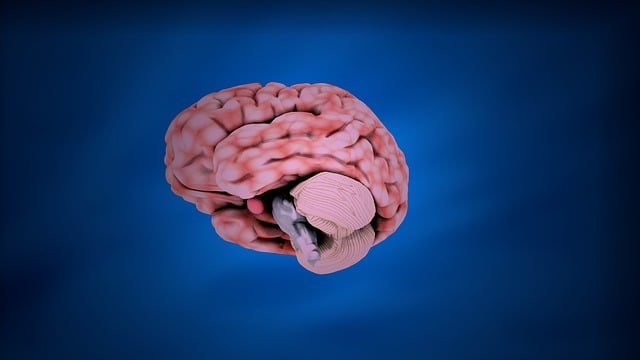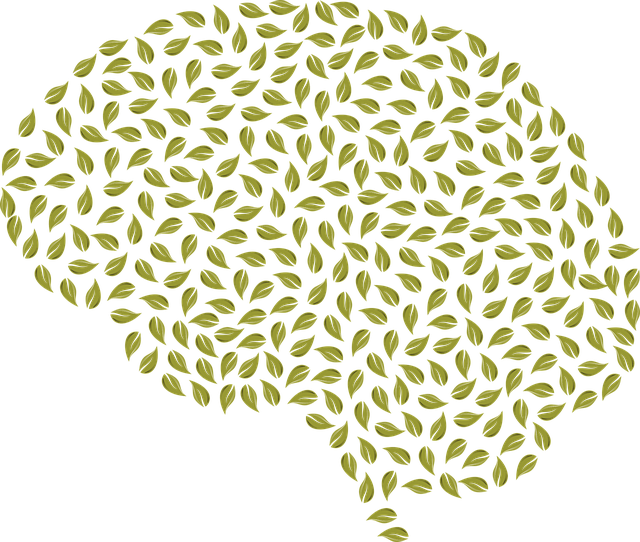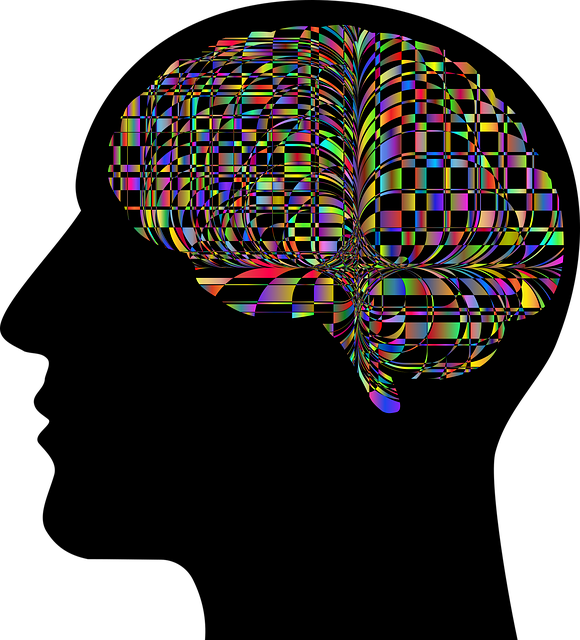Wheat Ridge Psychological Testing Therapy provides specialized services for effective mood regulation, empowering clients through evidence-based practices like CBT, mindfulness, and lifestyle adjustments. Their holistic approach includes Crisis Intervention, Self-Care Routine Development, Inner Strength Development, and Social Skills Training. By integrating techniques such as meditation, exercise, stress management, and journaling, Wheat Ridge offers tailored psychotherapy options to enhance mental well-being and emotional resilience.
Mood regulation is a vital skill in today’s fast-paced world. Understanding how to manage and stabilize emotions can significantly impact overall well-being. This article explores various strategies for effective mood regulation, ranging from cognitive-behavioral techniques to mindfulness practices and lifestyle adjustments. We delve into the therapeutic options available at Wheat Ridge Psychological Testing Therapy, providing a comprehensive guide to help folks navigate and enhance their emotional stability.
- Understanding Mood Regulation and Its Significance
- Cognitive-Behavioral Techniques for Emotive Control
- The Role of Mindfulness and Meditation Practices
- Lifestyle Adjustments for Enhancing Mood Stability
- Exploring Psychotherapy Options at Wheat Ridge Psychological Testing Therapy
Understanding Mood Regulation and Its Significance

Understanding Mood Regulation and Its Significance
Mood regulation is a crucial aspect of emotional well-being, enabling individuals to navigate life’s challenges with resilience and flexibility. It involves the conscious effort to manage and modulate one’s emotional state, preventing intense or prolonged negative emotions from derailing overall mental health. Effective mood regulation strategies empower people to foster positive psychological experiences and enhance their quality of life. This process is essential for maintaining stability, improving coping mechanisms, and promoting a sense of control over one’s internal world.
At Wheat Ridge Psychological Testing Therapy, we recognize the intricate relationship between mood regulation and personal growth. Our specialized services aim to support individuals in understanding their unique emotional healing processes, providing them with the tools necessary for effective mood management. Through evidence-based practices, our community outreach program implementation offers a holistic approach, addressing various aspects of mental health and well-being.
Cognitive-Behavioral Techniques for Emotive Control

Cognitive-Behavioral Techniques (CBT) offer powerful tools for individuals seeking to gain emotive control and improve their mood regulation strategies. This evidence-based approach, widely utilized in Wheat Ridge Psychological Testing Therapy, focuses on identifying and challenging negative thought patterns and behaviors that contribute to emotional distress. By doing so, CBT enables individuals to develop healthier coping mechanisms and a more balanced perspective on their emotions.
One of the key strengths of CBT lies in its ability to provide practical guidance during crises through Crisis Intervention techniques. It equips mental health professionals with essential tools for Risk Management Planning, allowing them to support clients in navigating intense emotional states safely and effectively. Through this process, individuals learn to manage their mood more proactively, fostering better overall mental well-being.
The Role of Mindfulness and Meditation Practices

Mindfulness and meditation practices play a pivotal role in mood regulation strategies, as highlighted by numerous studies conducted at Wheat Ridge Psychological Testing Therapy centers. These ancient techniques have gained significant prominence in modern mental health care due to their ability to foster inner calm and emotional balance. By focusing on the present moment and cultivating non-judgmental awareness, individuals can effectively manage stress, anxiety, and depression, thereby stabilizing their mood.
Incorporating regular mindfulness exercises into one’s routine, such as meditation, deep breathing, or mindful walking, can significantly enhance overall well-being. Wheat Ridge Psychological Testing Therapy professionals emphasize that these practices not only help in the short term but also contribute to long-term mental health resilience. They encourage clients to integrate Self-Care Routine Development for Better Mental Health and Inner Strength Development into their lives, supporting them through tailored programs designed to address unique needs.
Lifestyle Adjustments for Enhancing Mood Stability

Lifestyle adjustments play a significant role in enhancing mood stability and overall well-being, as supported by Wheat Ridge Psychological Testing & Therapy. Incorporating regular exercise into your routine is one effective strategy. Physical activity releases endorphins, often referred to as “feel-good” hormones, which can naturally boost mood and reduce symptoms of depression and anxiety. Moreover, self-awareness exercises like meditation or journaling can help individuals gain valuable insights into their emotional patterns and triggers, enabling better mood management.
Additionally, stress management workshops organized by specialized organizations teach effective coping mechanisms to combat the negative impact of chronic stress on mental health. Techniques such as deep breathing exercises, progressive muscle relaxation, and mindfulness practices have been shown to reduce stress levels and promote a sense of calm. By integrating these lifestyle changes into daily routines, individuals can foster better mood regulation and improve their overall quality of life.
Exploring Psychotherapy Options at Wheat Ridge Psychological Testing Therapy

At Wheat Ridge Psychological Testing Therapy, individuals seeking to improve their mood regulation have a range of psychotherapy options available. One effective approach is Social Skills Training, which focuses on enhancing interpersonal interactions and building healthier relationships. This can be particularly beneficial for those who struggle with emotional regulation in social settings.
In addition to targeted training, our therapists offer Mental Wellness Journaling Exercise Guidance as a complementary tool. Regular journaling practices encourage self-reflection, promote awareness of mood patterns, and provide an outlet for processing emotions. By integrating these exercises into therapy, clients gain valuable insights and develop strategies for managing their mental wellness on a daily basis. Through personalized guidance, Wheat Ridge Psychological Testing Therapy empowers individuals to take control of their emotional well-being.
Mood regulation is a multifaceted skill that significantly impacts overall well-being. By combining cognitive-behavioral techniques, mindfulness practices, lifestyle adjustments, and exploring psychotherapy options like those offered at Wheat Ridge Psychological Testing Therapy, individuals can gain greater control over their emotions. Incorporating these strategies into daily life fosters resilience and promotes a more balanced and fulfilling emotional state.














